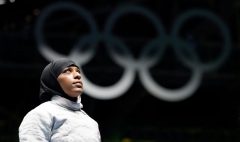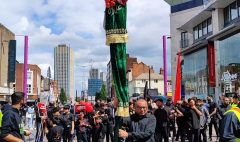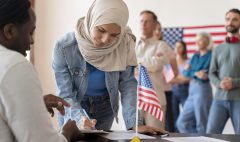Hidden histories of British Muslim women revealed
January 27, 2024 2024-02-27 17:27Hidden histories of British Muslim women revealed
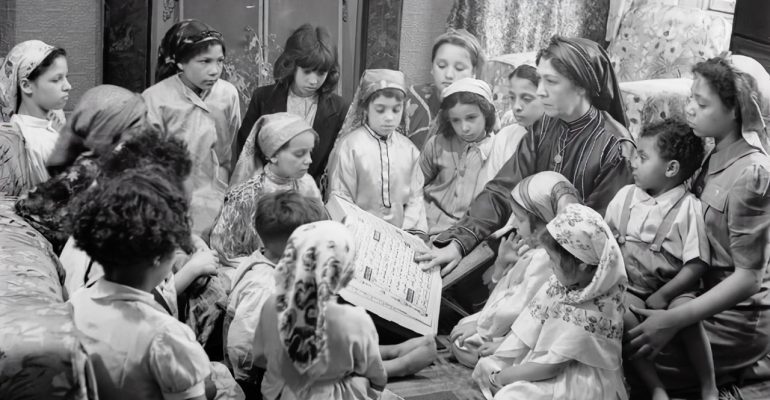
Hidden histories of British Muslim women revealed
A collection of remarkable and often hidden stories of Muslim women who helped shape the history of Britain have been revealed and documented in a new book.
It covers the lives of women, from an aristocrat to a cafe owner and World War Two spy, and reinstates them as “actors, storytellers and story makers,” the authors said.
“Muslim women were key contributors not just to British Muslim history but to all of British history,” said sociologist Prof Sariya Cheruvallil-Contractor, of Coventry University.
“If we are to understand who we are as a society we have got to understand all of our contributions,” she added.
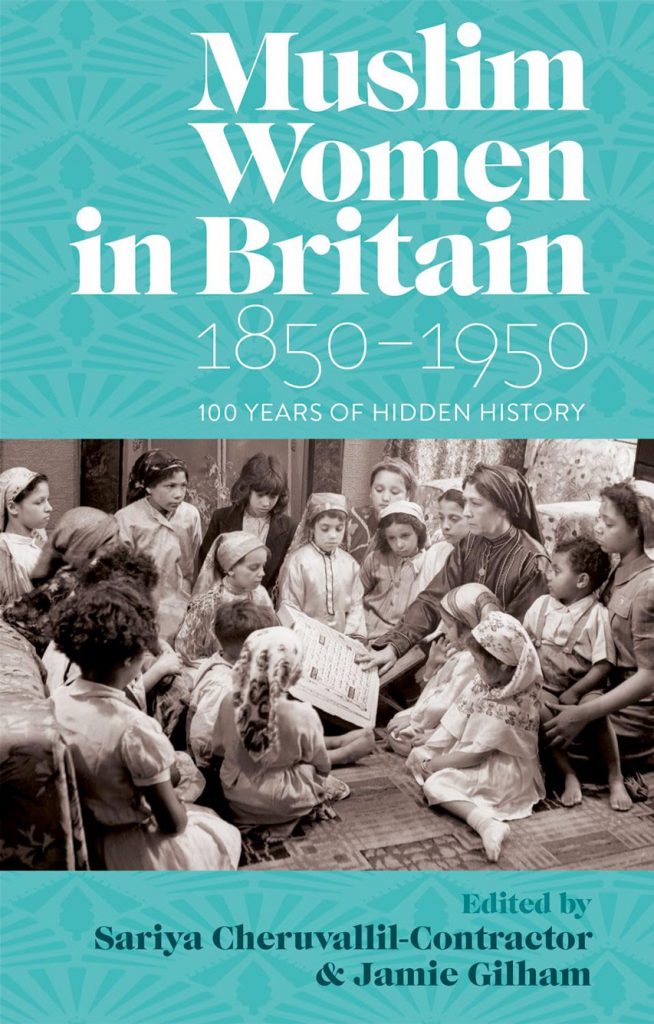
She has worked with co-editor and historian Dr Jamie Gilham to curate stories from a range of contributors, often from “very scarce source material,” she said.”These women came from communities that experienced precarious and difficult challenges – racism, prejudice towards their marriages and children, wars, financial insecurity, patriarchy and the problematic citizenship status of their husbands,” she explained.
“Preserving their records and life histories was perhaps the last thing on their minds.”
The publication tells the stories of those who lived in Britain between the mid 19th and mid 20th Centuries, before immigration profoundly affected the size and composition of Britain’s Muslim communities.
In the book, Muslim Women in Britain, Prof Cheruvallil-Contractor writes about the life of Olive Salaman, helping shed light on the contribution of working class women.
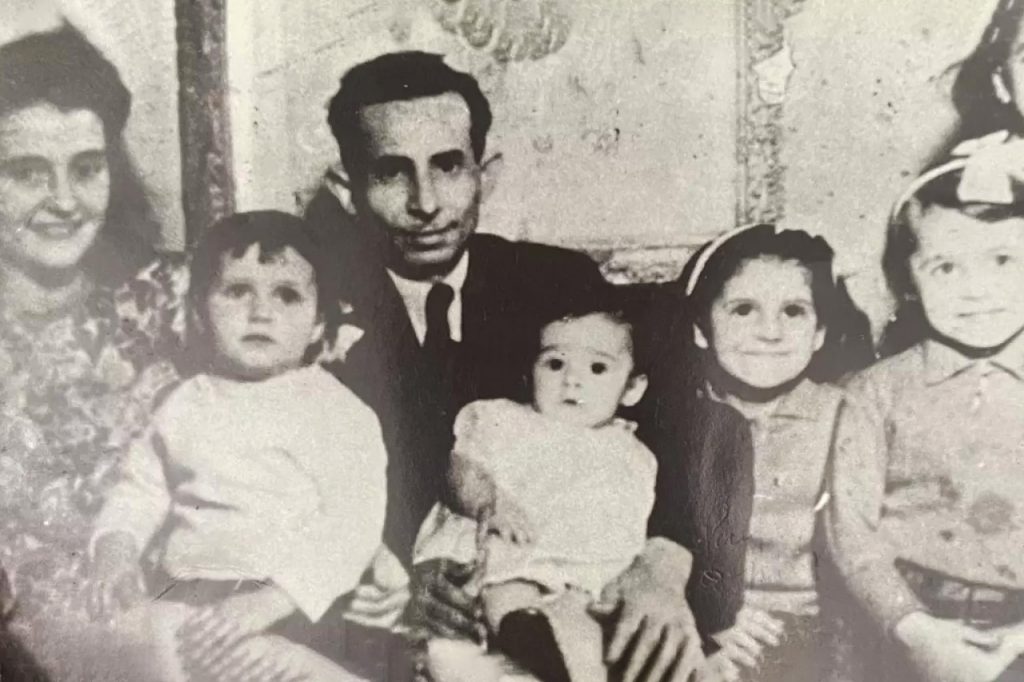
Her story was an “important one”, said the academic, who had gathered information using the BBC interview and oral history recordings.
“Mixed ethnicity marriages were not commonplace, they were frowned upon significantly in those times.”
Her social class had “added another layer of invisibility, further cloaking these women’s lives,” she added.
“It was amazing when I started digging into these histories, I found not only were they alive and kicking and really active in their communities.”
Two of the first British mosques “had women at the very centre of their establishment,” she said.
“The one in Woking was funded by a woman and one in Liverpool a woman, Lady Fatima Cates, was its founding treasurer.”
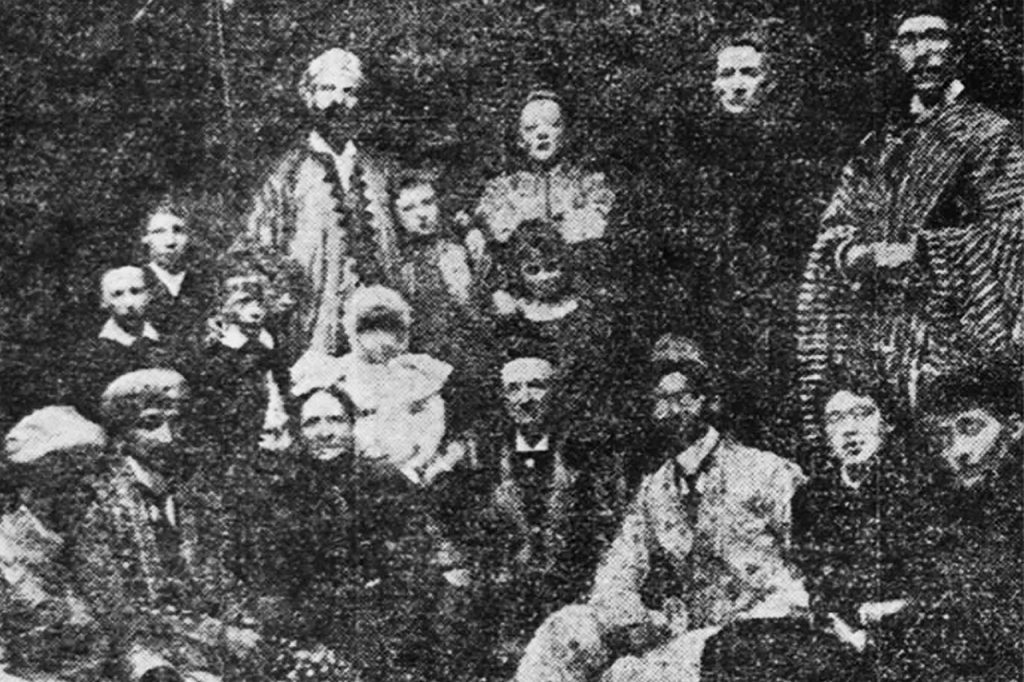
In the book he charts her life from a strict Christian household, her route to Islam at the the Abdullah Quilliam in Liverpool via the Temperance Movement, until her death in 1900.
Her grave in the city’s Anfield Cemetery lay unmarked until Mr Mahmood, who founded a madrassah school named after her in London, revealed it.
“Fatima’s life and struggle against persecution, violence and Islamophobia more than a century ago is now being rediscovered by British Muslims,” he writes.
In 2022, a stone was finally placed on her unmarked grave, commemorating her life and significance.
“It’s much harder to find resources about women and it was important to get their stories out,” explained Prof Cheruvallil-Contractor.
“But if women were from the middle or upper middle classes there tended to be archival sources – their families hold material, their letters,” she said.
“We decided this wasn’t the final word on the subject by any means, it’s just introductions to springboard for further research,” added Dr Gilham.
“Our hope is that it inspires more research using archival and, where possible, oral history methods to shed light both on those women who actively helped to build British Islam.”
Continue reading at: BBC NEWS


